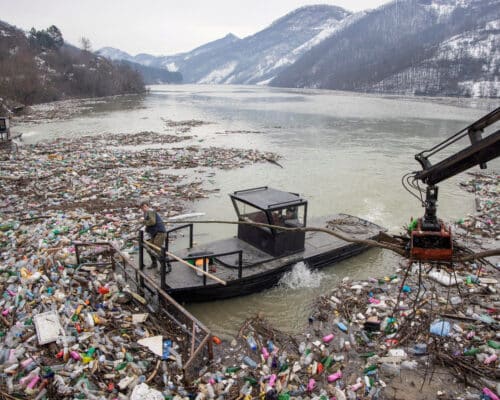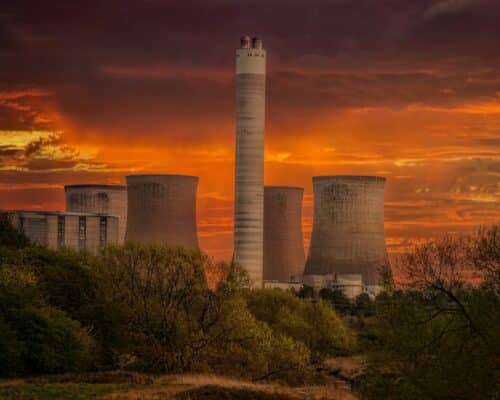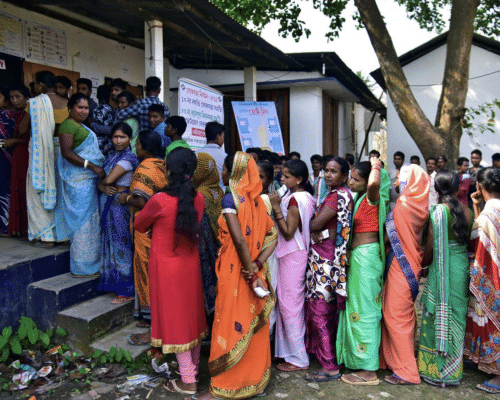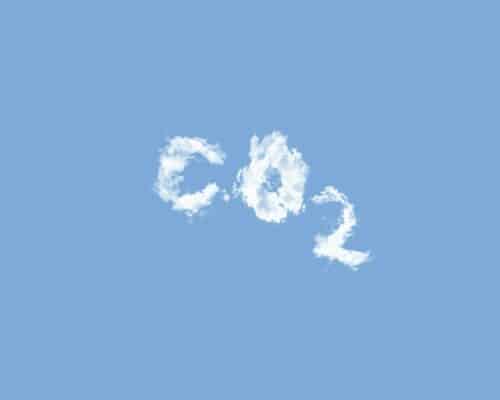Articles
Clean Coal: Fact or Fiction?
"Clean coal" has been touted by many public organisations and private sector companies as an immediate solution for standard fossil fuels. In reality, data shows it does not compare to the emissions rates of renewable energy. While "clean coal" does remain a topic of discussion, many countries are starting to understand it is not a viable long-term solution.
Enabling a Fair and Just Energy Transition in Asia
Enabling a fair and just energy transition in Asia can't happen overnight as it will require collective efforts from governments, fossil fuel companies and stakeholders. While the journey will, indeed, be long and challenging, the most important thing, for now, is to make the first step. There are lots of examples to learn from already. The rest is a question of priorities.
India After COP26: Tackling Coal Dependence Head On
India made five major climate pledges at COP26 culminating with a 2070 net-zero target. Unfortunately, there are many hurdles for the country to reach this target - most significantly the country's reliance on coal and inefficient energy grid. Full adoption of renewable energy hinges on government policy to incentive domestic and international investment.
Oil and Gas Sector: The Prospects of a Transition Fuel
The oil and gas sector has a critical role to play in the energy transition. They are the most well-positioned to develop and deploy large scale renewable energy infrastructure. Asian financiers, like the ADB and AIIB, have stated that they will support this transition by no longer funding coal and oil projects. Yet, they will continue to fund natural gas, as many see it as a transition fuel while renewable energy capacity increases.
Amazon Deforestation: The Cut The Fashion Industry Doesn’t Want You To See
Leather from the Amazon deforestation doesn’t look good on anyone, and brands have nowhere to hide.
The Greenpeace Report and the Mission to Decarbonise Asia’s Tech Industry
In the wake of the "Race to Green" report by Greenpeace, we examine why is the tech industry in Asia lagging behind its global peers in terms of climate action and commitments. The problem is notable not only on the corporate level, but also for the whole region.
Pathway to Zero Emissions for Hard-To-Decarbonise Industries
Decarbonisation of hard-to-abate sectors will be among the most essential tools to empower the world's emission reduction targets. While the progress had so far been stalling and challenges remain, the opportunities for a rapid transformation of hard-to-decarbonise sectors are there for the taking.
Asia’s Role in Defining the Pace of Renewable Energy Transition
The talk about the renewable energy transition often revolves only around the need for new clean energy capacity to replace the existing global fossil fuel fleet. If the world is to maximize the results of its net-zero aspirations, the scope of the renewable energy transition dialogue and action should widen to also include critical aspects like the need for better policies, equal electricity access, reskilling, and more.
The Role of Coal in China’s Path to Net-Zero Emissions
China has publicly made their target to be net-zero emissions by 2060. In support of this goal, they have made significant strides in increasing their renewable energy capacity. Yet, at the same time, coal consumption has continued to rise. Without reducing coal consumption, achieving a net-zero economy is nearly impossible.
Case Study: Tsingshan Industrial Parks in Indonesia Post-China’s Coal Pledge
In light of the no-coal-power-overseas pledge by China’s President Xi Jinping and Indonesia’s commitment to no new coal power in the recent COP26, the industrial parks fueled by captive coal power in Indonesia, developed by China, face challenges and their future is dotted with question marks.
Natural Gas Outlook and Key Trends in Southeast Asia
Natural gas use in Southeast Asia will increase significantly over the next several decades. This is being fueled by governments and lenders alike. While this is a viable immediate alternative to coal and oil, it is not a long-term solution. Southeast Asian countries must continue working towards developing a robust renewable energy system.
Oil Majors Spend More on Spin, Less on “Green Hydrogen”
Several oil companies have stated goals to reduce their emissions. Often a key piece of this plan focuses on increasing natural gas production and investing in hydrogen energy. Unfortunately, there are many types of hydrogen energy and only one type is sustainable - green hydrogen. Currently, green hydrogen only accounts for a fraction of total hydrogen production.
The Spotlight on the Asia-Pacific’s Energy Transitioning to Net-Zero Emissions
Clean energy executive, analyst, and author Joseph Jacobelli argues that the Asia Pacific region has unique features when it comes to the electricity transition to Net Zero Emissions (NTZ). He thinks that the shift from polluting fossil fuels to green and sustainable energy sources will be the biggest in the world, that capital spending will eclipse all other regions, and that some power markets will lead while others will lag.
Solar Homes: The ‘Mini Power Stations’ Popping Up Across India
The prospect of solar was first discussed in 1961-66 signifying India’s consciousness for reducing carbon footprint. Since then a total of 60 cities have been selected across the country for solarisation with the primary objective of decreasing the projected demand of conventional energy and motivating local governments to adopt renewable energy technologies and energy efficiency measures.
Most Popular
Most Popular
Categories
-
9
-
31
-
127
-
4
-
17
-
39
-
51
-
14
-
10
-
15
-
23
-
6
-
155
-
162
-
23
-
1
-
22
-
30
-
36
-
66
-
14
-
74
-
40
-
17
-
6
-
28
-
21
-
85
-
245
-
20
-
35
-
31
-
9
-
41
-
35



